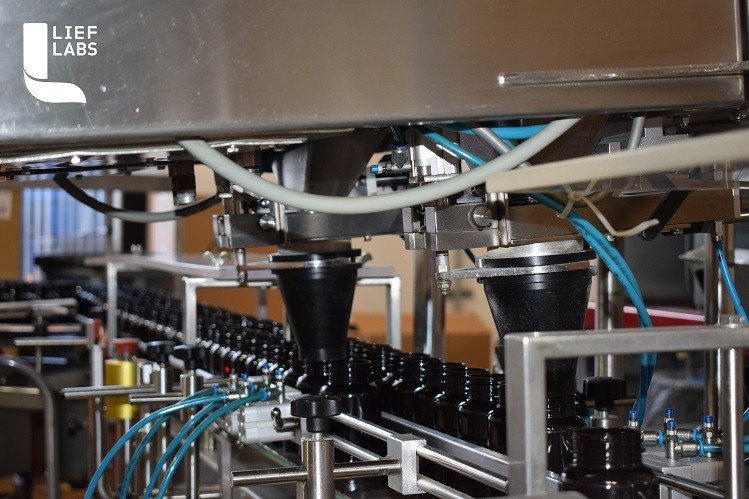Editor's Spotlight
Lief Labs CEO on the rise of ‘consumer-centric’ contract manufacturers

What Villalobos meant by ‘holding brands hostage’ was that many contract manufacturers won’t share details about formulations they have made for a client.
“In my early experience, contract manufacturers were not very open with a brand,” he told us.
“In the late 90s and early 2000s, I was a product developer, and I would have clients come to me and ask to duplicate a formula of their own product,” he said. It’s a difficult task to do without any master records, and 90% of the time these clients didn’t have them, he added.
Sometimes contract manufacturers will allow brands to pay to get the master files, hence his expression ‘holding brands hostage.’ But many times they didn’t even grant any access to the files.
“When I started Lief Labs I vowed to never do that—these brands eventually left those manufacturers with frustration, resentment and bitterness, and reputation is critical.”
Villalobos started Lief Labs in 2008 in California. “I built it on the platform of transparency, where we share everything with the brand: Where we bought the raw materials, who we buy it from, which supplier, what are the item numbers, what are the codes.”
Today the facility occupies more than 100,000 square feet. In a day, the company produces 1.8 million tablets, 35,000 capsule bottles, 25,000 kg bulk powders, and more. The company has more than 50 clients, among them the women’s health brand Pink Stork and keto brand Perfect Keto.
“We look for companies that share similar values as we do. We like very vision-focused companies,” Villalobos said. “We love CEOs and owners of companies that are very culturally-driven.”
Respecting intellectual property while championing transparency
In a very open client and contract manufacturer relationship, how does intellectual property rights play into the equation?
“There are contractual obligations for that, of course. However, these discussions come up very early on,” he said.
“We do develop products for our clients, and there is an expectation that we will protect their formulation whether there is a contractual agreement or not, that’s part of our culture.”
Transparency expectations have changed through the years
In 2015, then-Attorney General of New York Eric Schneiderman brought the issue of adulteration and identity of botanical supplements to national headlines.
Since then, Villalobos has noticed the word ‘transparency’ becoming a buzzword. Along with it was a change in culture in the industry.
“Back then many brands did not want to share who their contract manufacturers were,” he recalled. “Today, almost 80% of our clients do not mind.”
Having that freedom is important, Villalobos argued. “Now when we meet with prospective clients or existing clients that want to go into a new space, our staff is trained to say ‘Do you know that we manufacture products for such-and-such company? That we make products of the same genre? We cannot provide you the exact same formula.’”
In today’s industry culture, Villalobos added, contract manufacturers have to learn to be more end-consumer facing.
“Especially in today’s environment, where brands are also sharing information with end consumers.”









